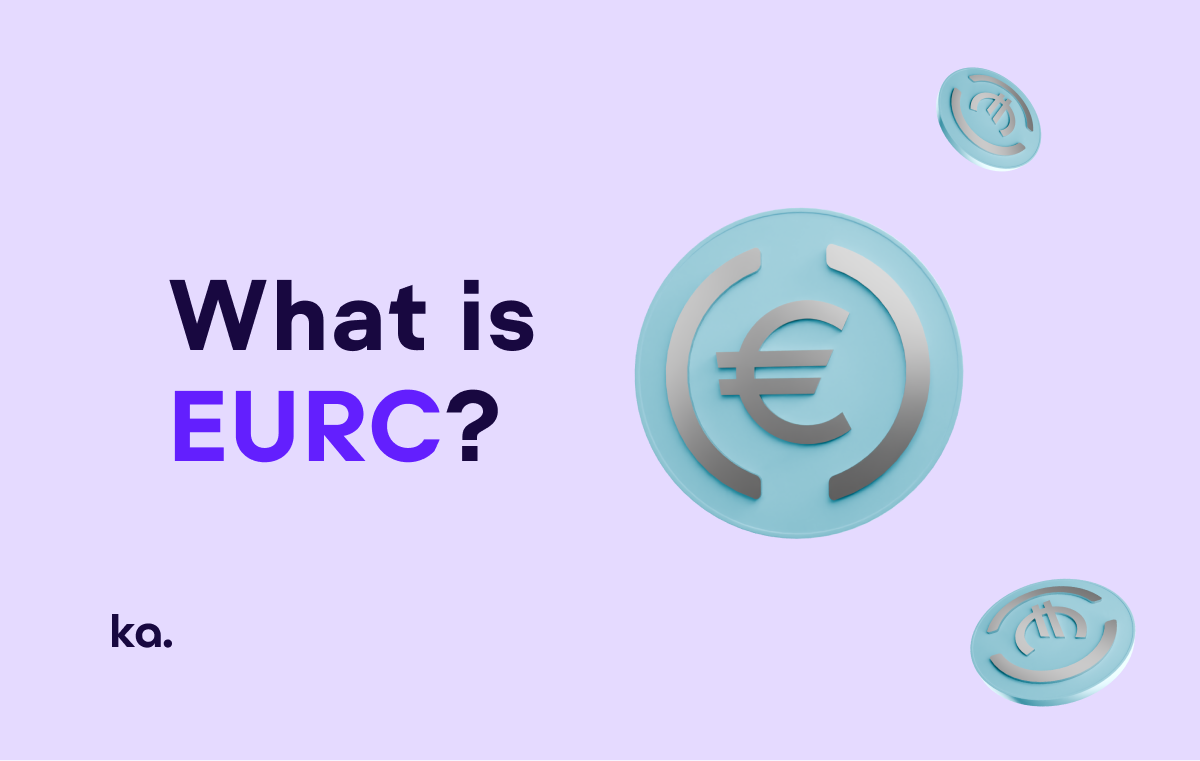
What Countries Use & Accept Bitcoin? Where is Bitcoin Legal?
Bitcoin has transitioned from being a niche experiment in 2009 to a significant part of the financial system today. But while Bitcoin enjoys universal recognition, its legality and acceptance vary widely across the globe, largely depending on the regulatory stance of each country.
Some nations have embraced Bitcoin as a legitimate form of currency, while others see it as a potential threat to their financial systems. Let’s take a look at what countries use and accept Bitcoin or where is Bitcoin legal, to help you stay compliant when using this cryptocurrency.
The Global Bitcoin Adoption
Bitcoin adoption is accelerating, driven by the promise of financial inclusion, lower transaction costs, and freedom from traditional banking systems. Individuals and businesses use Bitcoin for a variety of reasons, from remittances and investments to everyday transactions and protecting wealth from inflation.
Countries with unstable currencies have particularly embraced Bitcoin as a hedge against economic instability. For instance, citizens in Argentina and Venezuela have turned to Bitcoin to protect their savings amidst soaring inflation. Meanwhile, countries with robust technological infrastructures, such as Japan and the United States, lead the way in Bitcoin-related innovation and services.
Also, using an app for Bitcoin transactions has made it easier than ever to buy, sell, send, and spend Bitcoin globally, ensuring more people have access to this revolutionary currency.
Some Countries That Embrace Bitcoin
Many nations have recognized the potential of Bitcoin and cryptocurrency, choosing to regulate rather than ban them. There’s a long list of countries allowing individuals and businesses to use Bitcoin freely while implementing regulations to prevent misuse, such as money laundering or tax evasion. Here are some of them:
1. El Salvador
El Salvador made headlines in September 2021 by becoming the first country to adopt Bitcoin as legal tender. Businesses in the country are required to accept Bitcoin alongside the US dollar. This move aimed to promote financial inclusion and attract crypto investments. El Salvador’s experiment with Bitcoin has positioned it as a trailblazer in the global cryptocurrency space.
2. The Central African Republic (CAR)
In 2022, the Central African Republic followed El Salvador’s lead, making Bitcoin their official currency. CAR’s decision was driven by the potential to modernize its financial system and increase accessibility for its largely unbanked population.
3. A Bulgari
A Bulgaria has emerged as a surprising player in the crypto world, with significant adoption and interest in crypto. Many businesses, especially in urban centers like Sofia and Plovdiv, accept Bitcoin as a payment method. The country is home to a growing number of Bitcoin ATMs, making it easy for locals to buy and sell Bitcoin. This infrastructure boosts adoption and accessibility.
Bitcoin is legal in Bulgaria and is treated as a financial asset, with crypto transactions being subject to income tax for individuals and corporate tax for businesses.
4. Germany
Germany recognizes Bitcoin as a unit of account, legalizing its use for private transactions. It’s also a hotspot for blockchain startups and crypto enthusiasts, with several businesses and even online platforms accepting Bitcoin.
5. Switzerland
Switzerland is one of the most crypto-friendly nations in the world, often referred to as the "Crypto Valley" for its progressive stance on blockchain technology and cryptocurrencies.
The country treats Bitcoin as an asset and has clear guidelines for its use, taxation, and trading. It has established a regulatory framework that fosters innovation while ensuring compliance with anti-money laundering (AML) and Know Your Customer (KYC) requirements.
Swiss businesses, from coffee shops to luxury retailers, are increasingly accepting Bitcoin. This widespread acceptance reflects the country’s openness to digital innovation.
6. The United States
Although Bitcoin is not legal tender in the U.S., it’s widely accepted and regulated. The Internal Revenue Service (IRS) classifies Bitcoin as property, and its trading is overseen by financial regulators. Many businesses, from tech giants to small retailers, accept Bitcoin payments, making it a leader in adoption.
7. Japan
Japan was one of the earliest countries to regulate Bitcoin. The Payment Services Act legitimized Bitcoin as a legal payment method in 2017. Today, it’s widely used for both online and offline purchases across the country.
Countries with Partial Restrictions
Some countries adopt a cautious approach to Bitcoin, allowing limited use or imposing restrictions on its use and trade.
1. India
India permits Bitcoin trading but has imposed regulations to monitor crypto transactions. While cryptocurrencies aren’t officially banned, the government has proposed stricter measures to prevent misuse.
2. China
China banned cryptocurrency trading in 2021, but individuals can still hold Bitcoin privately. Despite its restrictive policies, China is a major player in the blockchain industry and continues to explore its digital yuan project.
3. Russia
In Russia, cryptocurrencies are regulated, but they cannot be used as a payment method. However, individuals and companies can invest in and trade Bitcoin within a regulated framework.
Countries Where Crypto Is Illegal or Banned
While Bitcoin promises financial freedom, not all governments are on board. If you're wondering, “why can’t you buy Bitcoin” in certain countries, the reasons often stem from government concerns about financial stability, fraud, or illegal activities. These countries include:
1. Algeria, Morocco, and Egypt
In these North African nations, cryptocurrencies are banned due to religious and economic concerns. Governments argue that Bitcoin’s decentralized nature conflicts with established banking norms.
2. Afghanistan and Pakistan
Cryptocurrency is banned in these countries as authorities fear it could be used for money laundering or funding illegal activities. However, despite the ban, underground trading of Bitcoin persists in some regions.
3. Bangladesh
Bangladesh has outlawed Bitcoin, citing potential risks to the country’s financial system. However, crypto enthusiasts continue to push for legalization and regulation.
How Can Countries Benefit from Bitcoin?
While some governments remain skeptical, others have embraced Bitcoin as a tool for growth and innovation. Here’s how countries can benefit by adopting or regulating Bitcoin:
1. Economic Growth
Bitcoin fosters innovation, attracting tech startups and investors. Countries with friendly crypto regulations may see a surge in blockchain-based projects, contributing to economic development.
2. Financial Inclusion
Bitcoin offers unbanked populations access to financial services, enabling them to store and transfer money without traditional banking systems. This is particularly valuable in developing nations.
3. More Convenient Remittances
Bitcoin simplifies cross-border transactions, reducing fees and ensuring faster transfers. This is especially beneficial for countries heavily reliant on remittances from abroad.
4. Reduced Dependence on Traditional Currencies
By adopting Bitcoin, nations can reduce their reliance on traditional currencies and bolster economic independence.
5. Tourism
Countries like El Salvador have seen a rise in crypto tourism, attracting enthusiasts who wish to experience Bitcoin adoption firsthand.
Final Thoughts
As Bitcoin adoption grows, countries continue to re-evaluate their stances regarding crypto, and regulations are changing rapidly. In fact, regulatory clarity is slowly emerging in many regions, fostering an environment where cryptocurrencies can coexist with traditional finance.
Finally, if you’re wondering “is it safe to buy BTC,” it usually depends on your location, the legality of Bitcoin within your country, and the platform you will use. Ka.app allows you to buy BTC safely from 179 countries/locations. It offers various payment options, including debit/credit card, bank transfers, and more.
Disclaimer: This article was written for educational purposes only and should not be taken as financial, investment, legal, or tax advice. Buying Bitcoin and other cryptocurrencies carries considerable risks due to market volatility, including the possible loss of your funds. Please do your own research, evaluate your financial circumstances, and understand your risk tolerance before making investment decisions.
FAQ
Which country supports Bitcoin?
Bitcoin is supported and recognized in many countries around the world, but the level of support varies. Countries like El Salvador have gone as far as adopting Bitcoin as legal tender, making it a key part of their economy. In nations like the United States, Japan, and Switzerland, Bitcoin is widely accepted for transactions and investments, with clear regulations in place to protect users.
Emerging economies, such as Nigeria and Vietnam, also support Bitcoin indirectly by allowing peer-to-peer transactions and embracing crypto innovation to counter inflation and financial instability.
Is Bitcoin legal in the EU?
Yes, Bitcoin is legal across the European Union. However, each member country has its own regulations regarding how Bitcoin is used, taxed, and monitored.
Why do some countries ban Bitcoin?
Some countries ban Bitcoin because of concerns over financial stability, potential misuse for illegal activities, or competition with national currencies. Governments in countries like China and Egypt argue that Bitcoin’s decentralized nature makes it difficult to regulate and monitor, increasing risks of money laundering and fraud.
Are there taxes on Bitcoin transactions?
It depends on your location. In many countries, Bitcoin transactions are subject to taxes. For instance, you may need to pay capital gains tax for profits made from trading Bitcoin. If you earn Bitcoin as payment, you may also need to pay income tax.
Meanwhile, in some crypto-friendly nations, personal Bitcoin transactions are tax-free. Always check your local regulations to stay compliant.












